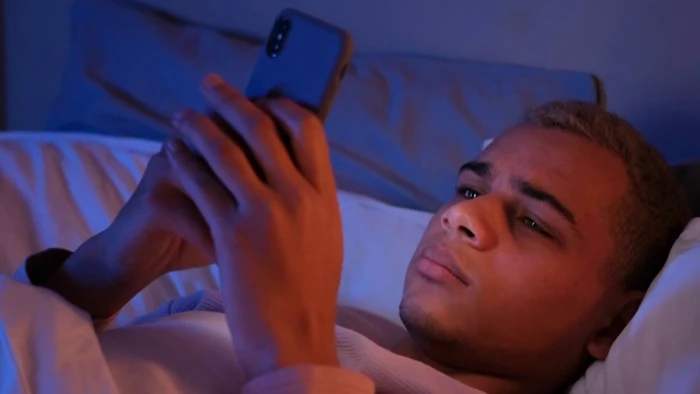Copyright WDIV ClickOnDetroit

Exposure to artificial light at night could increase your risk of having a heart attack by up to 50%, according to new research spanning multiple countries. Scientists from Australia, England and the United States found that people exposed to more artificial light at night showed elevated levels of brain stress, blood vessel inflammation and an increased risk of major cardiovascular issues. The large-scale study tracked nearly 90,000 adults’ nighttime light exposure and monitored their health outcomes over eight years. Sources of artificial light included streetlights, nightlights and electronic devices. Researchers discovered that participants living in the brightest nighttime environments faced a 50% higher chance of having a heart attack compared to those in darker settings. The disruption of melatonin, a hormone that helps people fall and stay asleep, appears to be a major factor. Normally, melatonin levels rise in the evening as the body prepares for sleep. When this natural circadian rhythm is disrupted, it may trigger various health changes. Some groups showed greater vulnerability to nighttime light exposure: Women demonstrated higher sensitivity to light-related heart risks Younger adults faced increased cardiovascular risks from light exposure Recommendations for Reducing Nighttime Light Exposure: Install blackout curtains or use a sleeping mask Minimize electronics use before bedtime Limit nightlight usage to essential safety needs While melatonin supplements can help realign circadian rhythms, particularly after travel or daylight saving time changes, they aren’t a long-term solution for addressing insomnia or mitigating the potential harm from nighttime light exposure. Medical experts note that human brains weren’t designed for 24-hour light exposure, suggesting that modern conveniences may be disrupting natural sleep-wake cycles that depend on periods of darkness.



